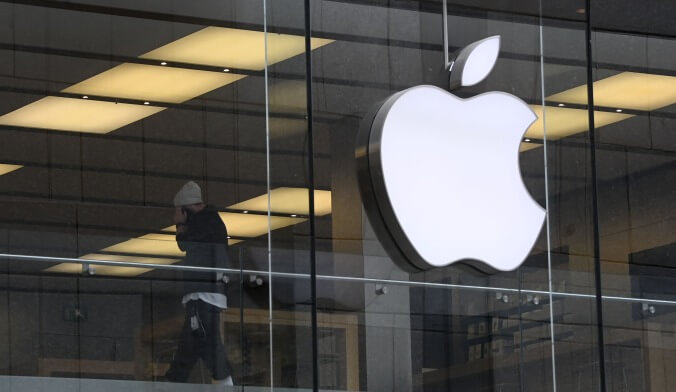The internet has done a doozy on language over the last 20 years—and we’re not just referring here to the advent of the humble “lol”. Even supposedly simple words like “buy” or “rent,” when filtered through the minds of corporate lawyers and online storefronts, can get pretty twisted, something made clear today as Apple finds itself dragged toward court over allegations that it’s not at all clear what the company meant when it offered to allow customers to “buy” content on iTunes or its other digital marketplaces.
The crux of the question comes down to the fact that what you’re buying when you purchase just about any digital content online is not a product, but a license; a license that, yes, grants you access to your song or film or what have you, but which also contains certain restrictions. Most notably, those restrictions include Apple’s ability to yank said content from their servers, rendering it unavailable to you regardless of your alleged “ownership.”
If this sounds a bit familiar, it’s presumably because a) you’ve been living in our particular techno-dystopia for a while now, but also b), this topic has been in the courts fairly recently, albeit with a different defendant. Amazon tried to get a very similar suit against it tossed out last year, but plaintiff David Andino seems to have found a semi-receptive ear for his Apple beef in U.S. Court District Judge John Mendez, who denied the tech company’s call for dismissal of Andino’s case on either grounds of (and we’re paraphrasing wildly here) “C’mon, everybody knows we pull this shit,” or “Eyyyy, who are we hurting?” (Please consider this your regular reminder that we are not lawyers.)
Specifically, Mendez notes—per THR—that “Apple contends that ‘[n]o reasonable consumer would believe’ that purchased content would remain on the iTunes platform indefinitely But in common usage, the term ‘buy’ means to acquire possession over something. It seems plausible, at least at the motion to dismiss stage, that reasonable consumers would expect their access couldn’t be revoked.” Mendez also took issue with “Eyyyy, who are we hurting?”—i.e., Apple’s claim that Andino couldn’t show personal injury from his iTunes purchases—by noting that the injury in question isn’t a future issue of content being revoked, but that the unknown ability to revoke said content affected Andino’s purchasing decision in the first place. (I.e., “I wouldn’t have bought it if I knew you had the capability of taking it away,” which again, god, we are not lawyers here.)
The upshot of which is that Andino’s case—which is being described as a putative class action suit—is headed to trial, or at least headed nearer to trial. Mendez left open the possibility that Apple might ultimately be forced to change some of its business practices in response to the case, although, barring a settlement, any such judgment would likely be a long way down the legal line.









































